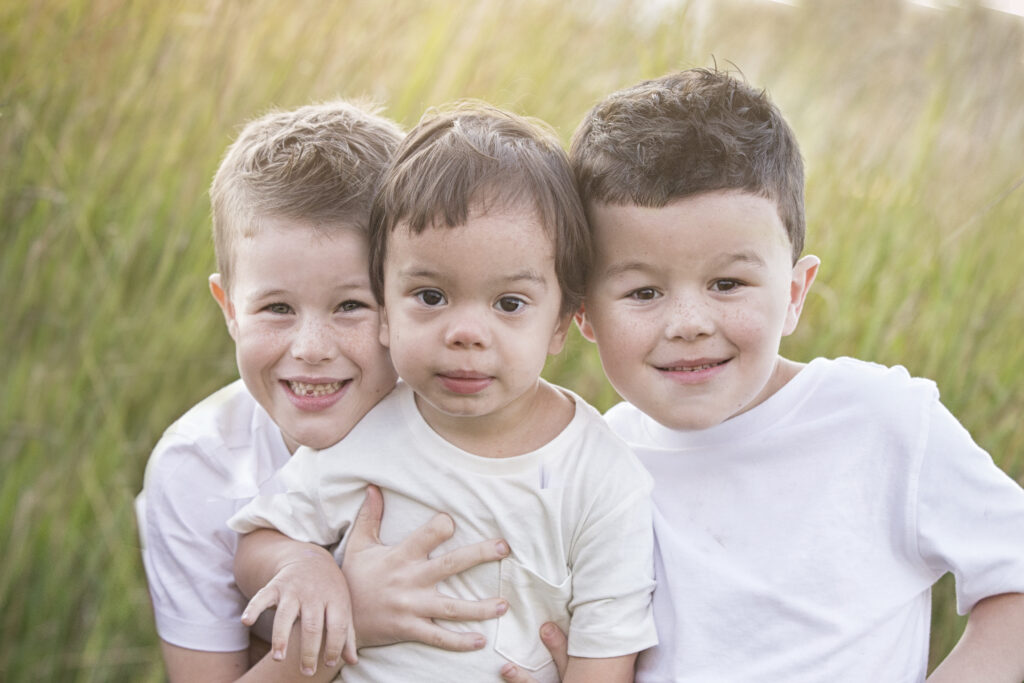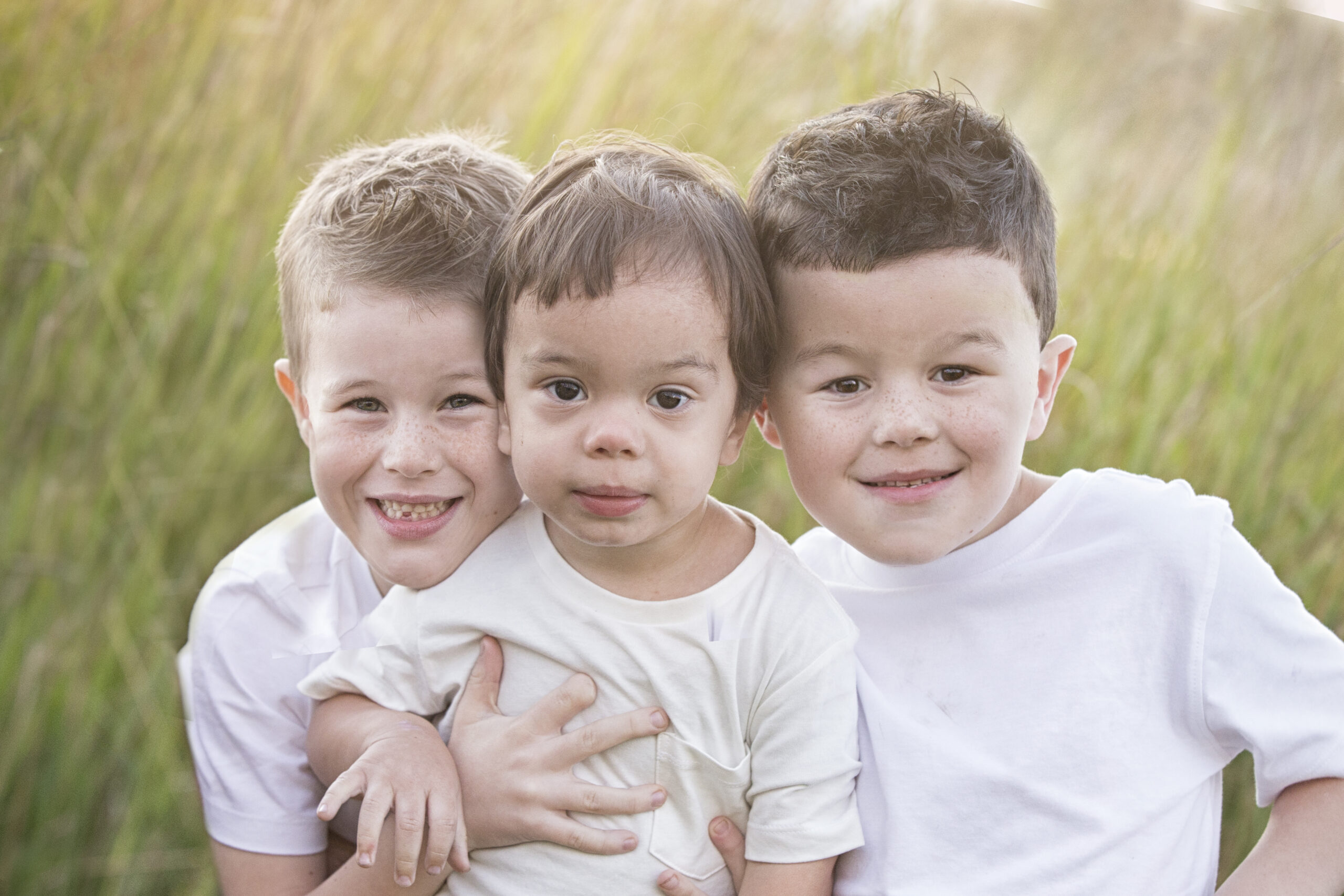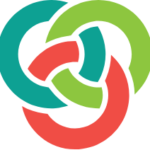Inquiry into health outcomes and access to health and hospital services in rural, regional and remote NSW – Hearing 16 July 2021 – a summary of the recommendations presented

On the Mid North Coast, 1 in 3 children are in the ‘vulnerable young children group’. The state average is 1 in 5. On average, these children are estimated to cost the NSW Government $171,000 each for the key human services they use up to the age of 40. This is 2.9 times the average cost for all NSW children aged 0-5 (District and LGA Insights: Their Futures Matter).
Mid Coast 4 Kids have spent the past 12 months investigating the early developmental screening system on the Mid Coast, further to the recommendations outlined in the submission and in response to the issues highlighted:
- We endorse the NSW Government’s Brighter Beginnings initiative and through that the government’s commitment to give every child in NSW the best start.
- We consider near universal before school screening provided by Child and Family Health nurses through Community Health to be the ‘gold standard’ when it comes to comprehensively assessing and responding to children’s early developmental health needs. We call for greater capacity and flexibility in how Child and Family Health services are delivered, that is, integration of services into early childhood settings and integrated service hubs.
- We call for the reinstatement of the Medicare benefit for the pre-school Healthy Kids Check, including the nurse item number previously #10986. With evidence children are not accessing the three and four-year health check in sufficient numbers, it is vital that GP services are incentivised to promote and provide this service. Further, the Primary Health Network should play a key role in providing training and development to GP’s and General Practice Nurses in the delivery of health assessments to children.
- We endorse the First Steps Count Child and Community Centre to be established in Taree in 2022. Stage 1 construction has been jointly funded by the State Government and through philanthropic contribution. To meet demand, we call for State Government investment in Stage 2 to ensure the full suite of early childhood, maternal, child health and family support services can be provided through the Centre.
- We endorse and call for an extension of the Connected Beginnings program in communities where disproportionate numbers of children are vulnerable. The Connected Beginnings program is an integrated early childhood, maternal and child health, and family support service operating in schools in selected communities, providing greater access to those respective services for Aboriginal and Torres Strait Islander children.
- We call for State Government investment in research on child and family service hubs. Specifically, we refer you to the University of New South Wales’ First 2000 Days Kids Connect research program. Following the pilot of an integrated health and social care hub in Rockdale, the University now seek to evaluate the impact and social return on investment of integrated child and family service hubs in optimising the early identification of developmental vulnerability and supporting unmet psychosocial needs of preschool aged children and their families living in disadvantaged urban and rural communities. We see this research as vital in assisting the State Government to make evidence based decisions on how to most effectively coordinate and deliver child and family health services.
- We call for increased capacity in Hunter New England Local Health District funded services to implement strategies outlined in the NSW Health First 2000 Days Framework. This is essential if Brighter Beginnings is serious in its objective to “co-design opportunities for improved service delivery in ways that best meet the needs of children”.
- We call for additional State Government investment in Regional Development Australia to facilitate the development of a Workforce Development Strategy, specifically for Allied Health Services on the Mid Coast. This strategy should take into account current and forecasted demand not just for child and family services, but aged care, disability and mental health services.
- We call for an immediate increase in the number of allied health service providers funded through Community Health, particularly for children and young people, we emphasise the need for additional pediatric physiotherapy, occupational therapy, speech therapy, dietetics, diabetes education, social work and pediatric psychology services. An example wait time for service provision – speech therapy services for children aged 3 years up to school entry, is up to 13 months, while school aged children with language delay are offered assessment only, with restricted support for younger children.
- We call for increased permanency for advertised positions through Hunter New England Local Health Districts for nursing and allied health positions as a key strategy to attract and retain allied health and other medical professionals to the region.
- We call for greater transparency in public funding arrangements for specialist ENT services
- Finally, we recommend urgent State Government investment in publicly funded specialist ENT services for children that includes capacity for timely assessment, and surgical intervention, delivered locally. This should include access to emergency on-call ENT services.
Late intervention is expensive; recent Australian data estimates the cost of late intervention at $15.2 billion per year through high-intensity and crisis services that may have been prevented had we invested earlier and more wisely.
As a community, we are committed to improving early developmental health screening and medical services for children on the Mid Coast, and we are committed to working with NSW Government funded services to achieve this.
Read our full submission here.
Share your comments below. What recommendations would you add to ensure our children get the best start in life?



